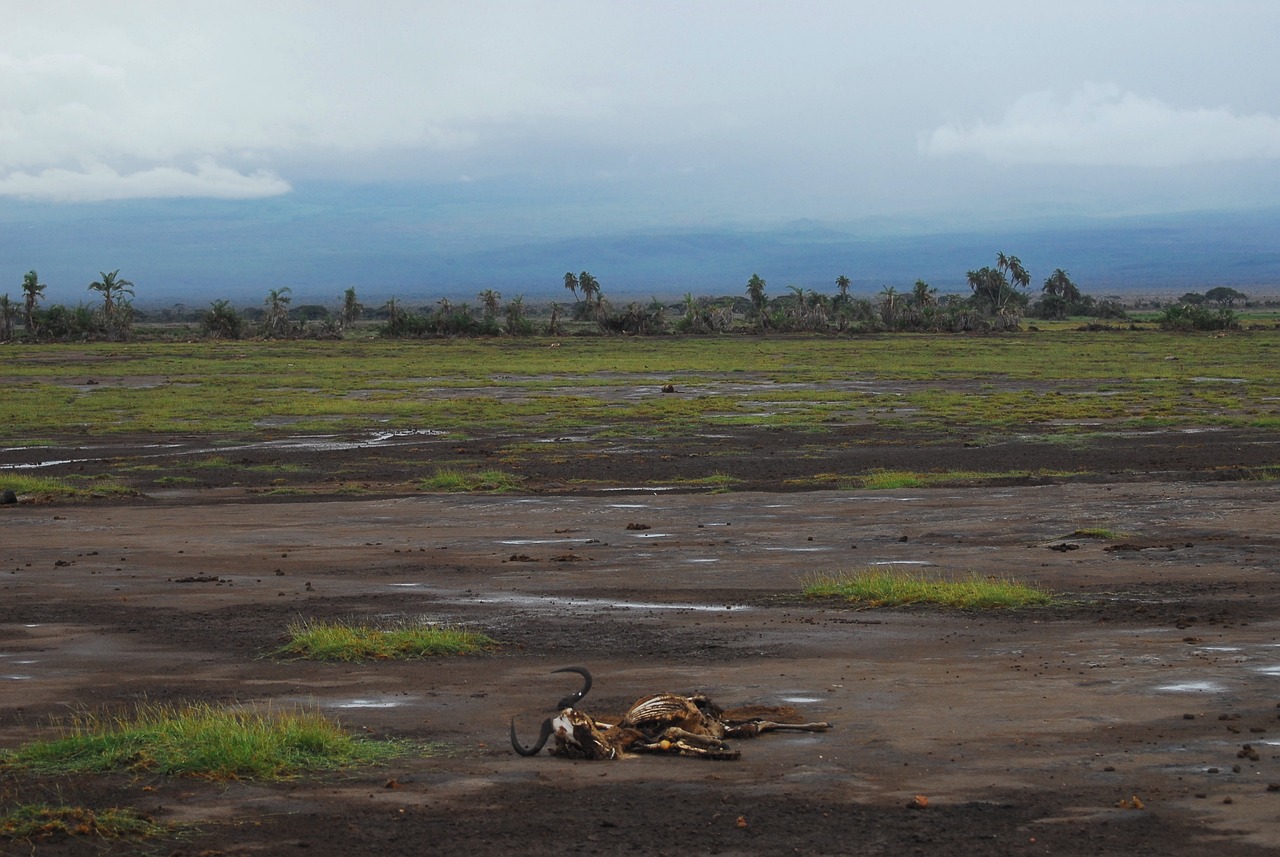Rethinking climate security

As we have seen from the so-popular reports of the ICPP, climate change represents a huge risk for the global stability. Its consequences increase vulnerability around the world and therefore exacerbate climate-security risks. By the time extreme events take place, countries Will experience enormous disruptions. For example, imagine that a typhoon would hit Taiwan or the core of the industrial China. That will affect permanently the global production of semiconductors.
Not only that, but the war in Ukraine is having important effects within climate change. In general terms, authors have described the war as the “sustainable development in reverse”. In that regard, during the first seven months of the war, the fighting released some 100 million tonnes of carbon into the atmosphere, and destroyed a vast number of woods and forests, causing a major ecological problem.
Also, as the Organization for Security and Co-operation in Europe (OSCE) has investigated it risks hindering global efforts to cut greenhouse gas emissions. That way, climate action is getting tangled in a politicized stand-off between the West and Russia and in the other hand, a large group of regional and national leaders are seized among the scenario IPCC describe as SSP3 where the powers are focused on its own national security needs , in short term, favouring the revival of nationalisms.
In addition, the war in Ukraine has weaponized energy supplies having tectonic impacts on global energy politics and it is raising tensions in places where climate change is threatening regional security: The Arctic.
For all that reasons, climate security has entered the political agendas. As we have seen within the New Action Plan for climate and security elaborated by NATO.
But, in view of the above we should ask: what really is climate security? It is that important nowadays? What it is missing within the concept? All these questions seem reasonable within a context marked by uncertainty, change and volatility, even more, when talking about security and international relations.
What it is climate security and how it has evolved within time?
Climate security has been described as a dimension of states’ security related within climate change. It focuses on the direct threats against the national security of a country coming from climate change. It also analyses the indirect threats that could worsen tensions, conflicts and violence around the globe.
In that regard, climate security is related to what in the slang of international relations is called as systemic risks, which imply economic regression, food safety and forced displacement.
If we look through history, the concept is first used in the 70s and 80s by the academia. Later, with the terrorist attacks of 11M as well as the evolution of new technologies and digitalisation at the early 2000s, national security organisms and institutions started to monitored and control this kind of systemic risks and environmental ones started to be taken into account.
In 2003 , for the first time, climate security is included in a report from the Pentagon , where it was noticed that climate change could eventually redirect us to a new medieval age where as a consequence of climate catastrophes , food crisis, instability, .. will lead to conflicts and violence.
It is remarkable the fact that in 2004, the European Security Strategy includes for the first time the concept.
At 2005, the army and military services within nations started to include climate change within their strategies and plans and funds grew.
In Spain, at 2017, the National Strategy for Security includes a new pillar where it addresses all the threats coming from climate change.
Finally, in 2020 the European Commission approves the “Roadmap for defence and climate change” which examines the capabilities of the Union in extreme conditions and calls for a better integration of environmental aspects within EU missions.
Nowadays, climate crisis is a growing concern. Reports from the ICPP warn about the consequences of a more detailed and determined action within the problem and in that regard climate security has become one of the top priorities of the states, reinforced by the turnback to the “hard geopolitics” after the Russian invasion where the militarization turns into a world spread strategy.
Challenges of climate security
First and foremost, talking about climate security implies, as we have said before, a militarization of the problems. In that regard , considering climate change as a security problem could imply to oversee the injustice situation it implies. Not only that , but some authors believe that “security solutions” are not suitable for tackling a systemic problem with a lot of variables. Other authors, like Peters, believe that it undermines the other ways to fight against climate change such us cooperation.
Secondly, some can argue that it could strengthen the industry and military system, which are now growing. It also favours an increase of the spend in defence at the expense of other interests. Not only that but it could enhance the business interests.
Since its origins, in 1840, national security was identified within the defence of business interest. This approach is still guiding the foreign policy of some states. Industry has foreseen that climate change and the insecurity related could impulse sales. A report from MArketsandmarkets, in 2021, forecasted that national security sector will have huge benefits from growing extreme events and the growing interest of governments into national schemes.
It is estimated that security sector will grow a 6% each year. The II Conference about Energy, environment and defence (E2DS) of Washington, showed how this context really implied a huge opportunity for the markets.
Thirdly, it transfers the responsibility of climate crisis to its victims, characterising them as “risks”. That is what professor Robyn Eckersley argues.
Finally, it has implications for democracy. The so- called bundle security vs Liberty sometimes requires from the intervention of the state, and “threats” usually justify extraordinary actions which actually do not respect democratic principles. It also could imply a repression of the movements that claim for alternative strategies.
Referencias
https://www.tni.org/es/publicaci%C3%B3n/aproximacion-a-la-seguridad-climatica, Autoría: Nick Buxton ,Edita: Transnational Institute y FUHEM Ecosocial, 2021
https://ceobs.org/armed-conflict-environmental-protection-and-the-sustainable-development-goals/
